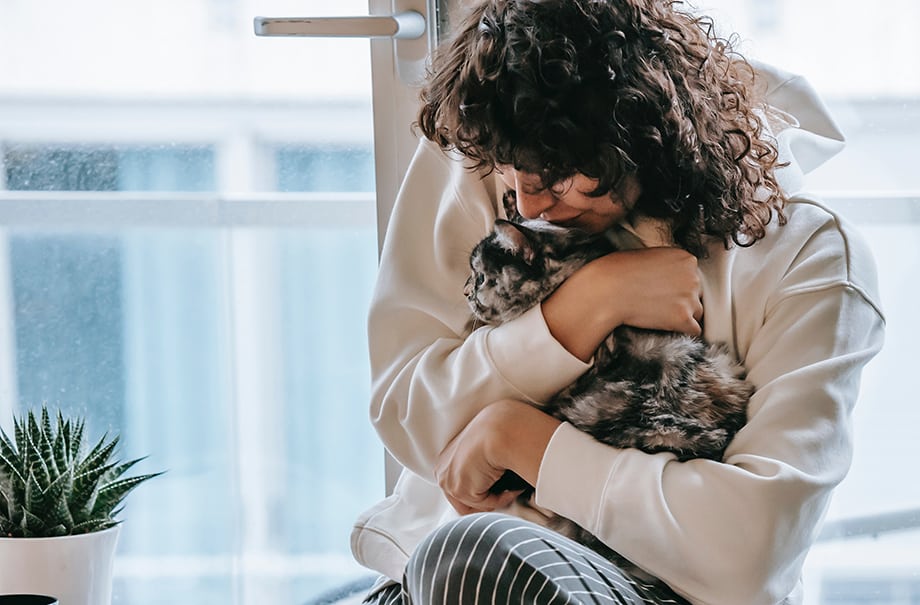What brought me into the area of psychology and NLP in the very first place was the possibility of emotional control. The idea that it was an option to have internal control over how we feel was an idea that instantly made a strong impression on me.
At the time, in my early teens, I struggled with depression and suicidal thoughts. I blamed myself, my circumstances and my social positioning for my mood. Of course, that made an impact… but what was most at play was my inability to handle negative thoughts and feelings that clouded my judgement and caused me to make errors of judgement and mistakes.
In another post, I discuss my battle with what I call the liar called depression (https://blog.owenfitzpatrick.com/the-liar-called-depression/). But what about the other negative emotions which trap us. In particular, how do we handle those emotions which affect our ability to be rational and sensible and make intelligent decisions?
Now, we must use caution when we talk about this. Not all rational decisions are the best or even the most intelligent. For example, if we believe the odds are against us getting a job then the negative feeling of fear or failure might stop us from even trying. This may well be rational but it is not intelligent given the fact that applying for the job has a better chance of getting it than not applying at all! So, sometimes, being unrealistically optimistic makes far more sense.
But, how about the times we could use more emotional control? What happens when you get extremely angry and ‘lose your control’? What happens when you fall in love and become obsessed with someone so that you are racked with high after low which distorts your decision making? What happens when you become addicted to alcohol or drugs of some form? What happens when you are anxiety ridden and fear dominates your thoughts and hijacks your reasoning ability?
Well, to me, the secret to emotional control comes in two forms: State Flexibility and Behavioural Flexibility. State Flexibility is your ability to change how you feel in the moment. Behavioural Flexibility is your ability to act in your best interests in spite of your feelings.
State Flexibility
So, if you feel angry or anxious for example, you can learn certain state change strategies such as counting to ten, mindfulness or NLP skills such as taking the images and voices inside your head and making adjustments to them. This will often help you to change how you feel at that moment. If you find yourself addicted to something, you have rehab to go to. If you find yourself in obsessive love, you work on boosting your self esteem and self confidence so you are more likely to make decisions from a position of strength.
Behavioural Flexibility
However, as great as these skills and strategies may be, often you may find yourself struggling to always make them work each and every time. In the event that you do, that is when Behavioural Flexibility is critical. Behavioural Flexibility is when you discipline yourself to act in the most useful way regardless of what you feel. So, when you are angry… your willpower and self discipline stops you from doing anything you might regret by reminding yourself of the consequences and sticking to the most intelligent action. When you are anxious, you figure out what you can or can’t do about it and create an action plan and move onto other things that take your attention. When you are falling into obsessive love, you consider the consequences of what you feel like doing and you stay strong enough to do what is best for you. When you are addicted, you force yourself to make contact with a sponsor and avoid seeing yourself falling off being any kind of an option whatsoever.
Emotional control depends on what you do inside your head and outside in the world. By applying state and behavioural flexibility, you put yourself in the best possible position to take charge of how you feel and ensure that you make decisions that work for you in the future.
Image: Thanks to http://picography.co/





